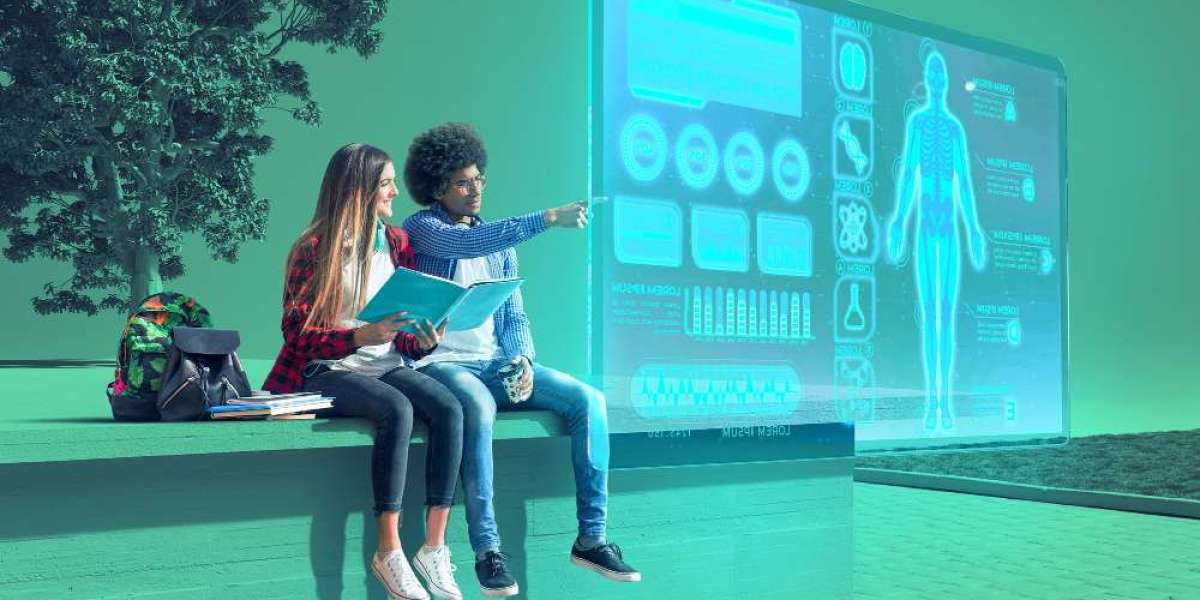In an era where technological advancements are reshaping industries, artificial intelligence (AI) stands out as a game-changer in the construction sector. From enhancing safety to optimizing project management, AI is revolutionizing traditional construction processes. Let's delve into the transformative role of AI in construction through the following key points:
Enhanced Safety Measures:
AI-enabled sensors and cameras can monitor construction sites in real-time, identifying potential hazards and alerting workers to take preventive actions. Predictive analytics powered by AI can assess safety risks based on historical data, enabling proactive measures to mitigate accidents before they occur. Wearable devices equipped with AI algorithms can track vital signs of workers, ensuring their well-being and preventing health emergencies.
Improved Project Planning and Management:
AI algorithms analyze vast amounts of data to optimize project schedules, resource allocation, and budget management, leading to more efficient project execution. Machine learning algorithms can predict project delays by analyzing various factors such as weather conditions, supply chain disruptions, and workforce productivity, allowing project managers to take preemptive actions to mitigate delays. AI-powered drones and autonomous vehicles facilitate site surveys, progress monitoring, and material delivery, streamlining construction processes and reducing manual labor.
Quality Control and Defect Detection:
AI-based computer vision systems can detect defects and deviations in construction materials and structures with high accuracy, ensuring adherence to quality standards. Automated inspections using drones equipped with AI algorithms enable faster and more comprehensive assessments of construction sites, reducing the time and cost associated with manual inspections. AI-driven predictive maintenance systems analyze equipment performance data to anticipate potential failures, enabling timely maintenance and minimizing downtime.
Sustainable Construction Practices:
AI algorithms optimize building designs for energy efficiency, water conservation, and waste reduction, contributing to sustainable construction practices and reducing environmental impact. Smart sensors integrated into buildings collect real-time data on energy consumption, indoor air quality, and occupant behavior, allowing for continuous optimization of building performance. AI-driven predictive modeling tools assess the environmental impact of construction projects and recommend eco-friendly materials and construction methods, promoting sustainable development.
Cost Reduction and Efficiency Improvement:
AI-driven cost estimation tools analyze historical project data and market trends to provide accurate cost forecasts, enabling better budget planning and cost control. Optimization algorithms optimize construction processes, such as material procurement, equipment utilization, and workflow sequencing, maximizing efficiency and minimizing waste. AI-powered predictive analytics identify inefficiencies and bottlenecks in construction workflows, enabling continuous process improvement and resource optimization.
Collaborative and Data-Driven Decision Making:
AI platforms facilitate collaboration and communication among project stakeholders by providing centralized access to project data, documents, and communication channels. Data analytics tools analyze project data from various sources to generate actionable insights, enabling informed decision-making throughout the project lifecycle. AI-driven risk management systems assess project risks and recommend risk mitigation strategies based on historical data and predictive modeling, enhancing project resilience and success rates.
Conclusion
AI is revolutionizing the construction industry by enhancing safety measures, improving project planning and management, ensuring quality control, promoting sustainable practices, reducing costs, and facilitating data-driven decision-making. As construction companies embrace AI technologies, they can unlock new opportunities for innovation, efficiency, and sustainability, ultimately shaping a smarter and more resilient future for the built environment.



